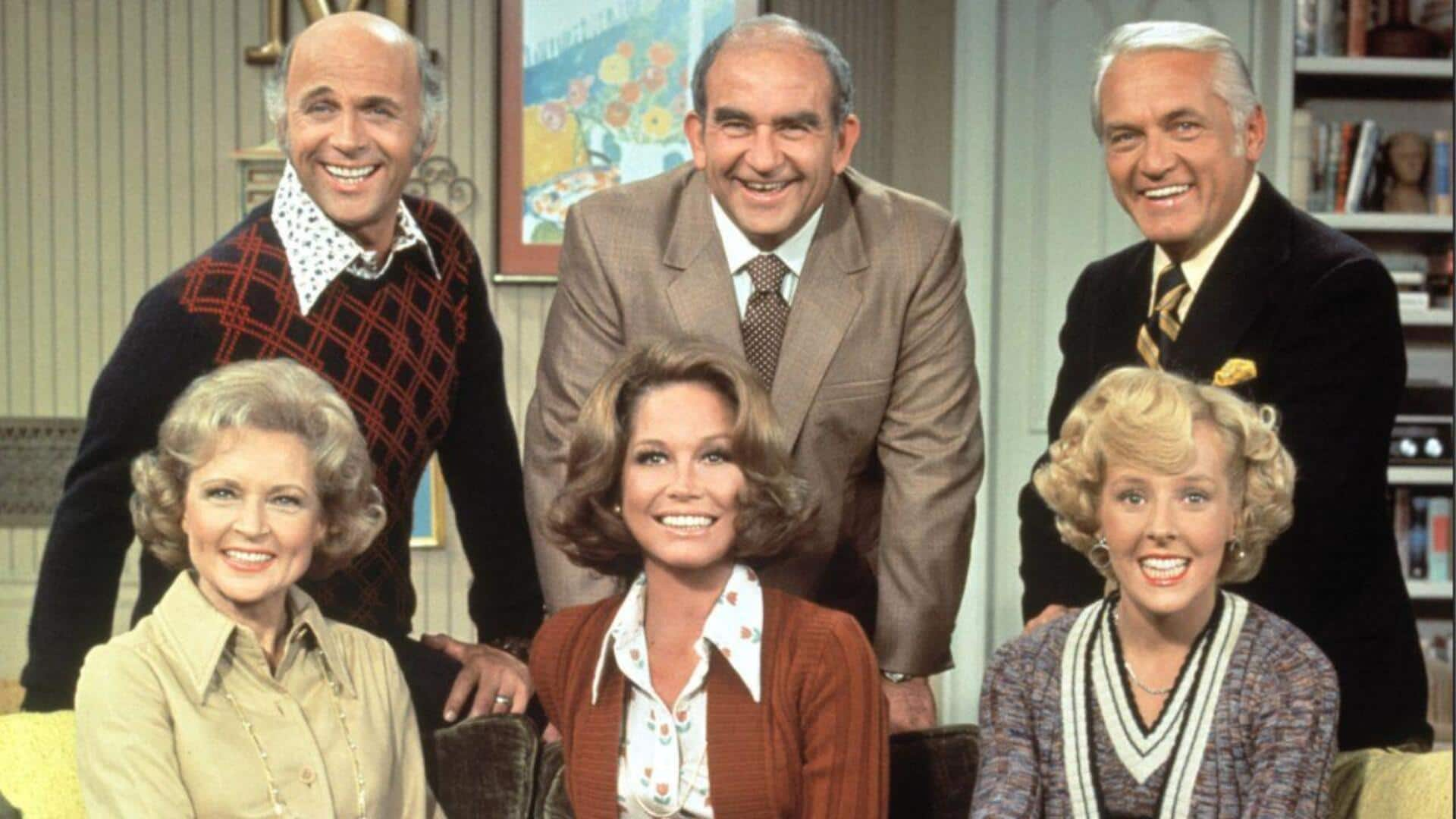
How 'The Mary Tyler Moore Show' redefined feminism on TV
What's the story
The Mary Tyler Moore Show was a groundbreaking series that aired from 1970 to 1977. It was instrumental in redefining American feminism by putting an independent, career-focused woman at its center. The show addressed the pressing social issues of the time, breaking the glass ceiling and becoming a cultural touchstone for many. Here are five such instances when the show influenced the feminist movement in America.
Independent women
'The Mary Tyler Moore Show' portrayed independent women
The Mary Tyler Moore Show's protagonist, Mary Richards, was the independent woman who chose a career over marriage. How revolutionary was that, especially when women were often expected to give up on their careers for family life? By highlighting Mary's professional ambitions and personal growth, the show inspired many women to pursue their careers and independence.
Workplace inequality
Addressed workplace inequality
The show often dealt with workplace inequality, focusing on matters like unequal pay and gender discrimination. In one of the most memorable episodes, Mary finds out she is paid less than her male predecessor for doing the same job. This particular storyline shed light on real-world issues confronted by working women and led to discussions on gender equality at work.
Gender roles
Challenged traditional gender roles
The Mary Tyler Moore Show didn't just entertain; it revolutionized the way women were portrayed on screen. It challenged traditional gender roles head-on, featuring some of the strongest female characters who defied societal expectations. Characters like Rhoda Morgenstern and Phyllis Lindstrom were not just pretty faces; they were complex individuals with their aspirations and struggles. This representation encouraged viewers to question conventional norms surrounding femininity and masculinity.
Social issues
Tackled social issues head-on
Throughout its run, The Mary Tyler Moore Show boldly tackled a range of social issues head-on- from divorce, single parenthood, to women's rights. By openly tackling such issues on primetime television, the show was instrumental in normalizing conversations around them. It also played a significant role in creating awareness among its audience, thereby making them more informed and empathetic.
Female friendships
Pioneered female friendships on-screen
One of the show's most enduring legacies is its portrayal of female friendships as central to women's lives. The bond between Mary Richards and her friends, Rhoda Morgenstern and Phyllis Lindstrom, showcased supportive relationships that transcended competition or rivalry often depicted in media at that time. It highlighted camaraderie among women instead of conflict or jealousy.